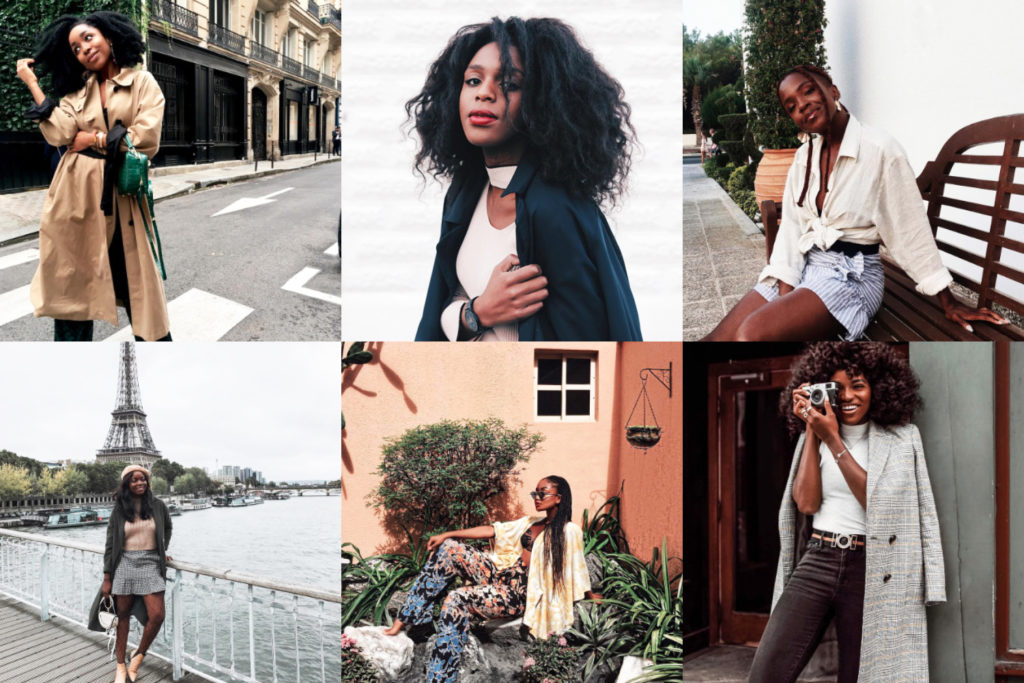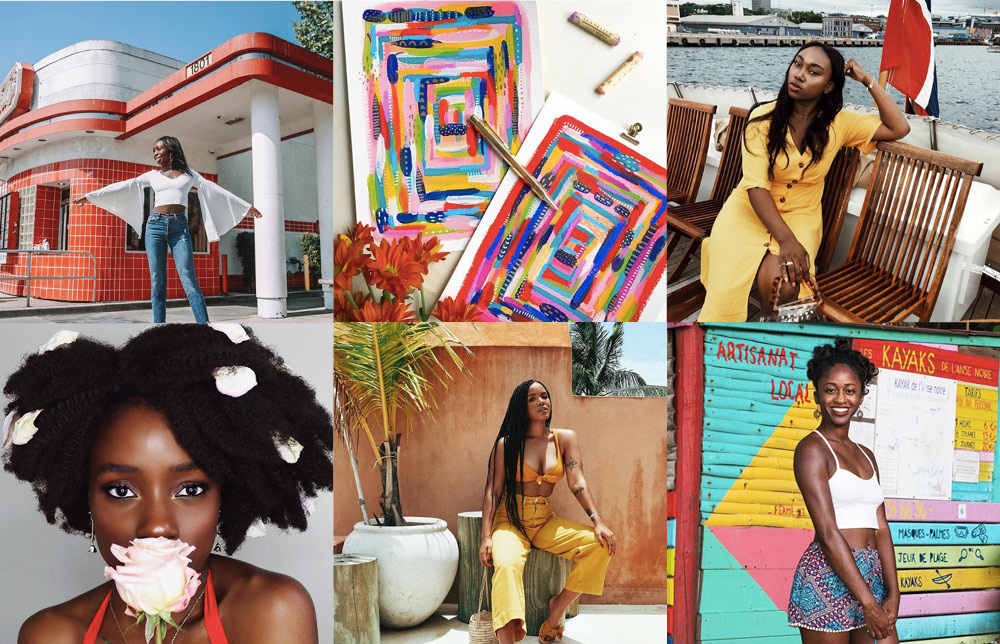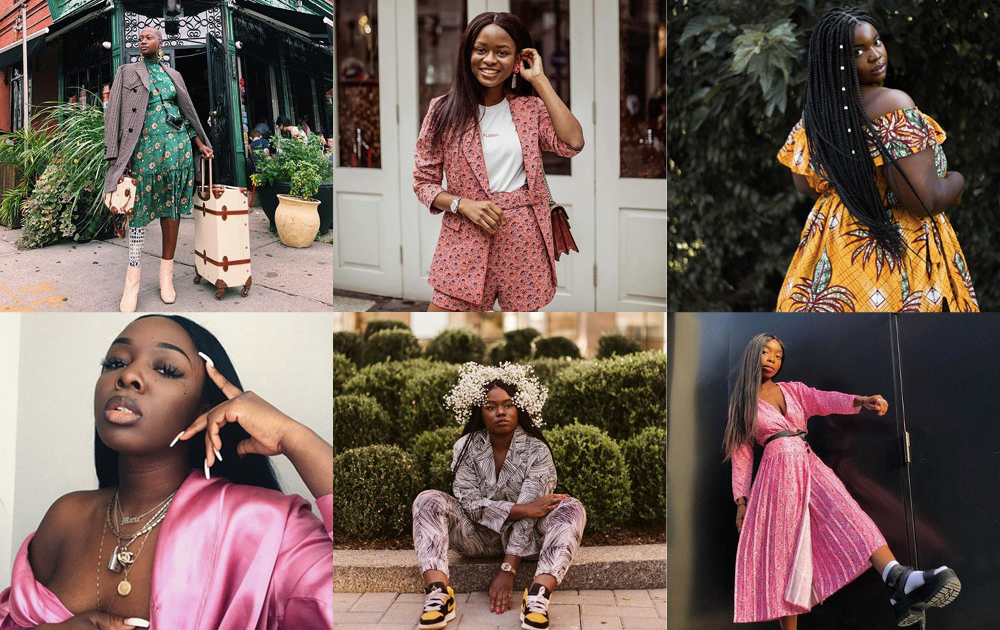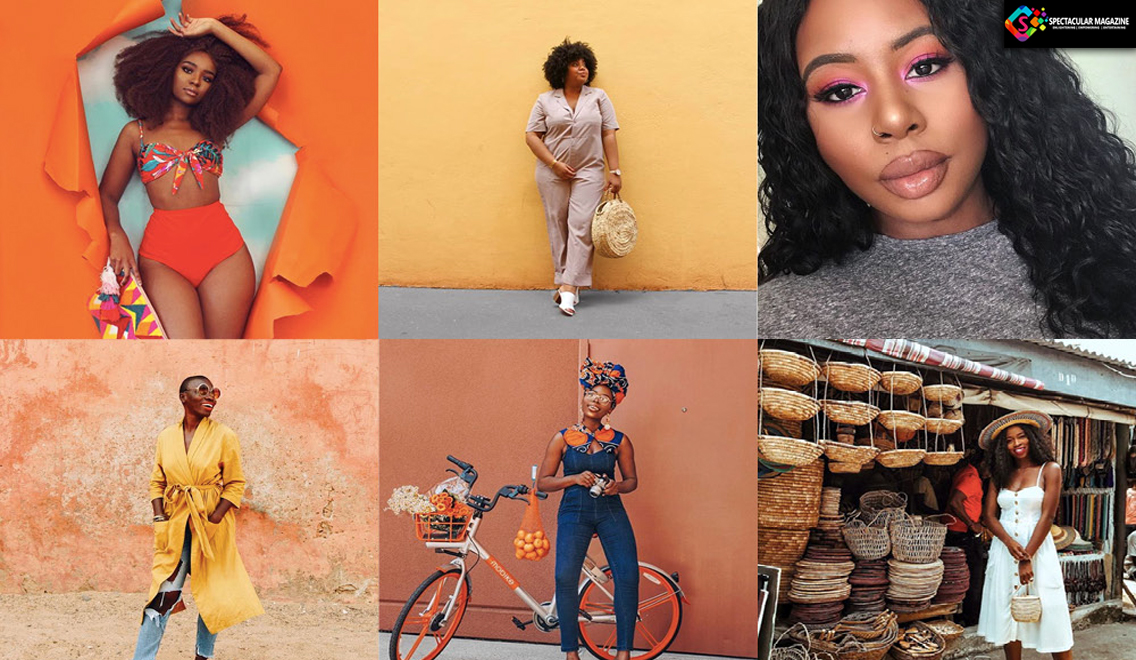Study: Female Instagram Influencers Criticized For Being Too Real Or Too Fake
Ithaca, NY – Female Instagram influencers – whose livelihoods depend on their ability to build and maintain a prominent social media following – endure criticism and harassment both for being too real and for seeming too fake, according to a new study from Cornell University.

This leaves women on Instagram caught in an “authenticity bind” – the nature of social media compels them to share details from their personal lives, but these details make them vulnerable to abuse or charges that they’ve ‘curated’ or faked their online personas.

“Across social networks, content creators are compelled to be authentic and ‘real’ but in ways that are quite narrowly defined,” said Brooke Erin Duffy, assistant professor of communication and co-author of the study. “If they’re deemed too real, if they express inner thoughts that seem too personal or intimate, they may face criticism. But if they aren’t considered real enough, if audiences view them as highly curated or excessively performative, or so aspirational that they are unrelatable, they experience blowback. Essentially a woman on social media, especially one with a large following, can’t win.”
Research has found harassment on Instagram can be common, particularly among those with a significant social media presence. And abuse is more prevalent – and potentially more harmful – for women and people from marginalized communities.

Yet few controls and restrictions exist on Instagram, leaving harassment victims particularly helpless when the success of their businesses depends on social media prominence, Duffy said.
For the study, Duffy and co-author Emily Hund of the University of Pennsylvania interviewed 25 professional or aspiring female Instagrammers in the areas of fashion, beauty and lifestyle. They found the women tended to censor themselves in anticipation of criticism.

Women also said they noticed viewers were more engaged with posts confiding personal or private information about their lives, but they also said they felt reluctant to share anything “that’s not elevated and inspirational/aspirational.”
Duffy said she hopes the study calls attention to the lack of safeguards for female Instagram influencers, whose challenges are often disdained by a skeptical public.
The study, “Gendered Visibility on Social Media: Navigating Instagram’s Authenticity Bind,” was published in the International Journal of Communication.
For more information, see this Cornell Chronicle story.


